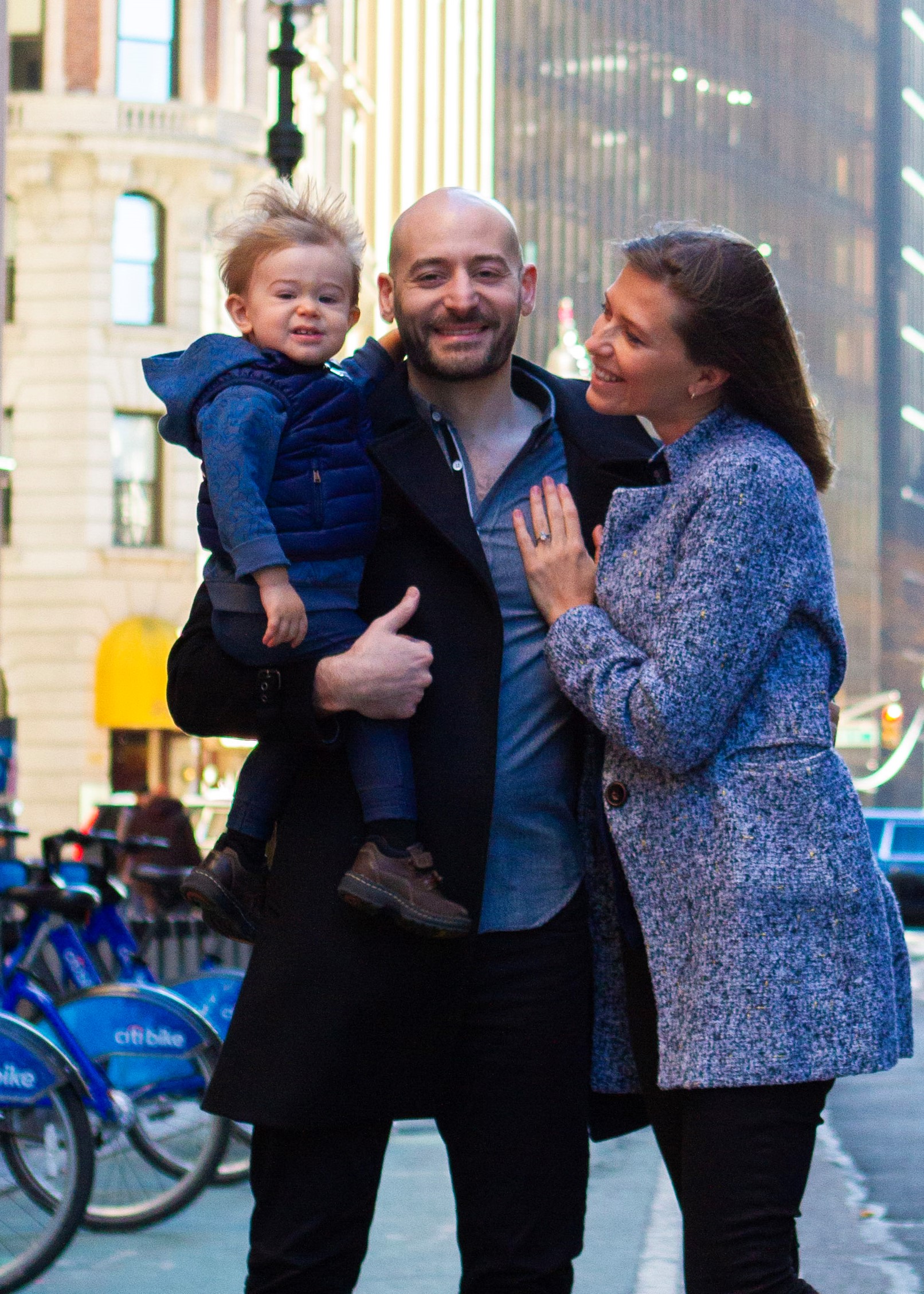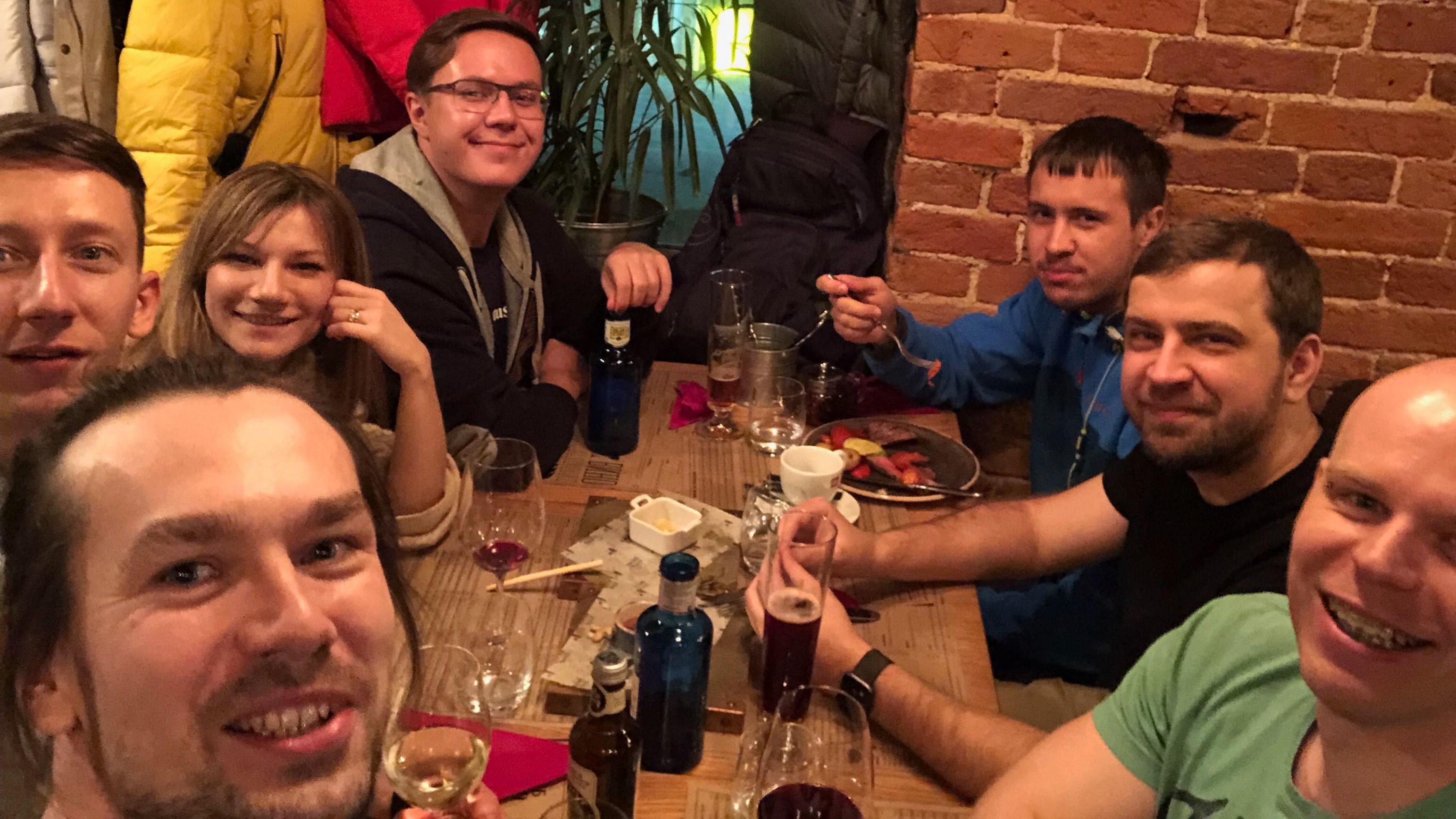What inspired you to start Status Money?
I spent my career in data science working at financial institutions — credit card companies, in particular. I was constantly looking at consumer spending, debt, and other data — all of which painted a dismal picture of consumer behavior.
It was obvious that people were often not making the smartest or most rational financial decisions — but why?
Billions of dollars were invested in Fintech in the last decade and yet the situation has only gotten worse. Personal loans, student loans, and other consumer debt are now at all-time highs. It took a lot of thinking and research to hone in on what I consider to be the underlying cause: people’s lack of access to financial information and advice.
It turned out that 75% of Americans don’t get any help when managing their finances. Financial advisors cost thousands of dollars a year, and talking about money with friends and family is seemingly off limits. So, they’re managing in a vacuum and hoping for the best.
We wanted to create a way to motivate people to share financial knowledge and information in a safe, useful, and fun way.
 Majd and Korash presenting at Finovate
Majd and Korash presenting at Finovate
What was one of the most important things you did to start the company?
Testing and experimentation has always been a big part of our approach. My co-founder Korash and I are both data scientists, so from the very beginning, A/B testing was a fundamental aspect of the platform we were building.
No detail was too small. We tested everything from copy, to the colors of buttons, to imagery, to content, and more—and we continue to do so.
We are often surprised by how small changes could have a significant impact.
What was it like to make the jump to startup founder?
To tell you the truth, it didn’t feel incredibly jarring. Throughout my career, I tried to think like an owner and usually operated with a lot of autonomy. Much of the work I did required fresh thinking — like building a new product or creating a new way to optimize marketing campaigns. I felt at home working with a blank page and in organizational grey areas; this transferred well to founding a company.
How did you know it was the right time to go full time?
There were a number of things that aligned to make the moment right. Having the right co-founder and market timing was key. As was having the right technology available to make our product possible and our business case viable.
One of the things few people appreciate is that a platform like Status could not have been built even as little as 6 years ago. We learned a tremendous amount from platforms that came before us — from their successes and, even more so, from their failures.
 Majd and his family
Majd and his family
What’s your team culture like?
Our team thrives on debate, and no opinion or viewpoint is wrong. Most of the success of the company, I believe, can be attributed to the fact that we can disagree with each other — sometimes harshly — and still come to the right decision.
For example, my co-founder and I came up with a particular algorithm to model the data we use for peer bench marking. One of our teammates came up with a drastically different solution. A geeky debate ensued followed by rigorous analysis of the proposals. When all was said and done, the alternate algorithm was in fact many times better in terms of its ability to scale. And that’s the one that was implemented.
Our culture of debate and transparency evolved organically, but it’s something I hope to nurture as the company grows.
 The Status Money Team
The Status Money Team
What is your superpower?
My ability to synthesize data and use it to drive decision making, and to do so in a way where it’s not just backward looking. One of the largest challenges with data-driven decision making is that the data you have is always a reflection of the past. Being able to combine that with the ability to see where the puck is going is probably the most valuable thing I contribute.
What’s your kryptonite?
It takes a lot for me to make up my mind, but when I do it’s hard to change my opinion.
Do you have any other hobbies or things you like to do?
Most of those have kind of gone away with a newborn and a startup. I need to focus on the most important things, so leisurely activities have fallen to the side.
But I’m still reading a lot about income inequality and economics. I believe this will be one of the defining issues of our generation. If I were to recommend a few books, I’d suggest:
Lawrence Lessig, Republic, Lost: How Money Corrupts Congress—and a Plan to Stop It
Joseph Stiglitz, The Price of Inequality: How Today's Divided Society Endangers Our Future

These books are useful in understanding the economy and society we’re living in today and thinking about what we can do as founders and as a community to create a brighter future for everyone.
Are you a gadget guy?
I love my PS4 VR. I think there’s a big future for VR and AR, and I’m enjoying seeing that technology come to market and start to evolve.
What’s the #1 skill you think founders need to succeed?
Time management. Everyone has 24 hours a day, from the janitor to the CEO. Whether you’re effective or not comes down to how you allocate that time.
Learning when to say “no” is a necessary skill. Even things like asking for meeting agendas and goals goes a long way. It’s a simple habit with significant benefits.
There’s a Japanese proverb: “Vision without action is a daydream, but action without vision is a nightmare.” Somewhere in the challenge of being a startup founder you have to figure out how to balance vision and action because you’ll need to allocate enough time to do both very well.



 Oops! We couldn’t find any results...
Oops! We couldn’t find any results...





